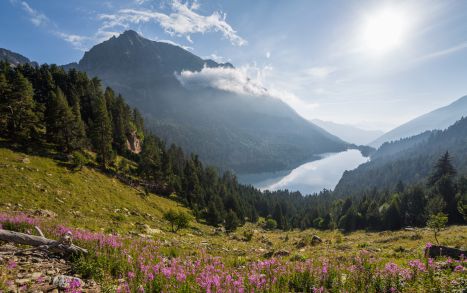
You would have been to many national parks where native animals and plants are nurtured. However, many of you may also have raised questions about the very existence of these parks. Actually, there are more than one reasons for national governments to have such parks for containing biodiversity. Let us tell you about a few of these major factors driving the development of national parks.
A safe habitat: Even if it is an open jungle, many plant and animal species may not live safely there. Human beings have always found ways to disturb the biodiversity for their selfish purposes. Thus, national parks are such habitats where their safety can be fully ensured. These parks are governed by stringent rules and regulations in order to maintain security for native plant and animal species.
A cleaner environment: There are many living beings that may not be able to survive for long if they are left in and around the polluted environment of cities and towns. They can bloom better in a cleaner and healthier environment, such as that of a national park located away from human habitats. Being at a distance from cities, parks may be able to maintain the cleanliness of water and air. National parks also offer areas where healthier food can be produced to feed the creatures living there.
A beauty for enjoyment: National parks are beautiful natural places where anybody can relax and have fun doing certain activities like camping, photography, painting, and bush-walking. In fact, many people may simply visit these parks to have wonderful views of nature and its creatures. They can just take a stroll to breathe in some fresh air.
A source of learning: Both kids and adults may find national parks as great places where they can learn about native living beings. Several researchers especially come to stay at national parks so they may study about the history and characteristics of plant and animal species.